Times shown in your local time.
Short films BLOCK 4
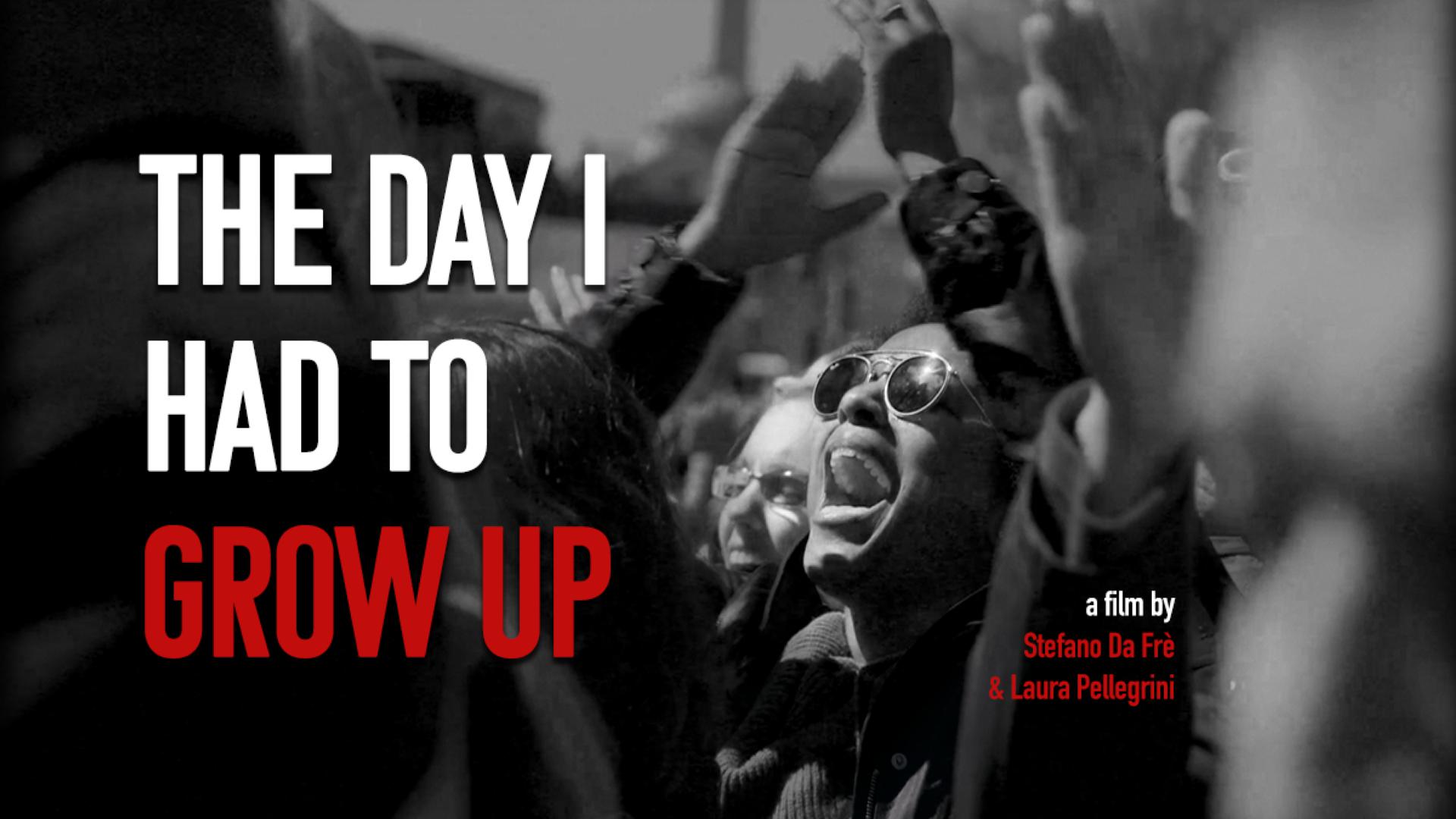
Emmy Award Winning Editor Krysia Carter Giez & Directors Stefano Da Frè & Laura Pellegrini, two filmmakers who recently had their previous documentary "The Girl Who Cannot Speak" win the 'Coup de Coeur' at the Cannes Film Festival have created a new political documentary on Youth Activism. This is a political documentary that joining forces with Activist Jeremy Ornstein to document a new voice in America's youth movement. Stefano & Laura invite five prominent activists to New York City. Each activist has a unique, diverse, personal connection to recent national events such as the school shootings in Parkland, Florida to Black Lives Matter in America to the Green New Deal.
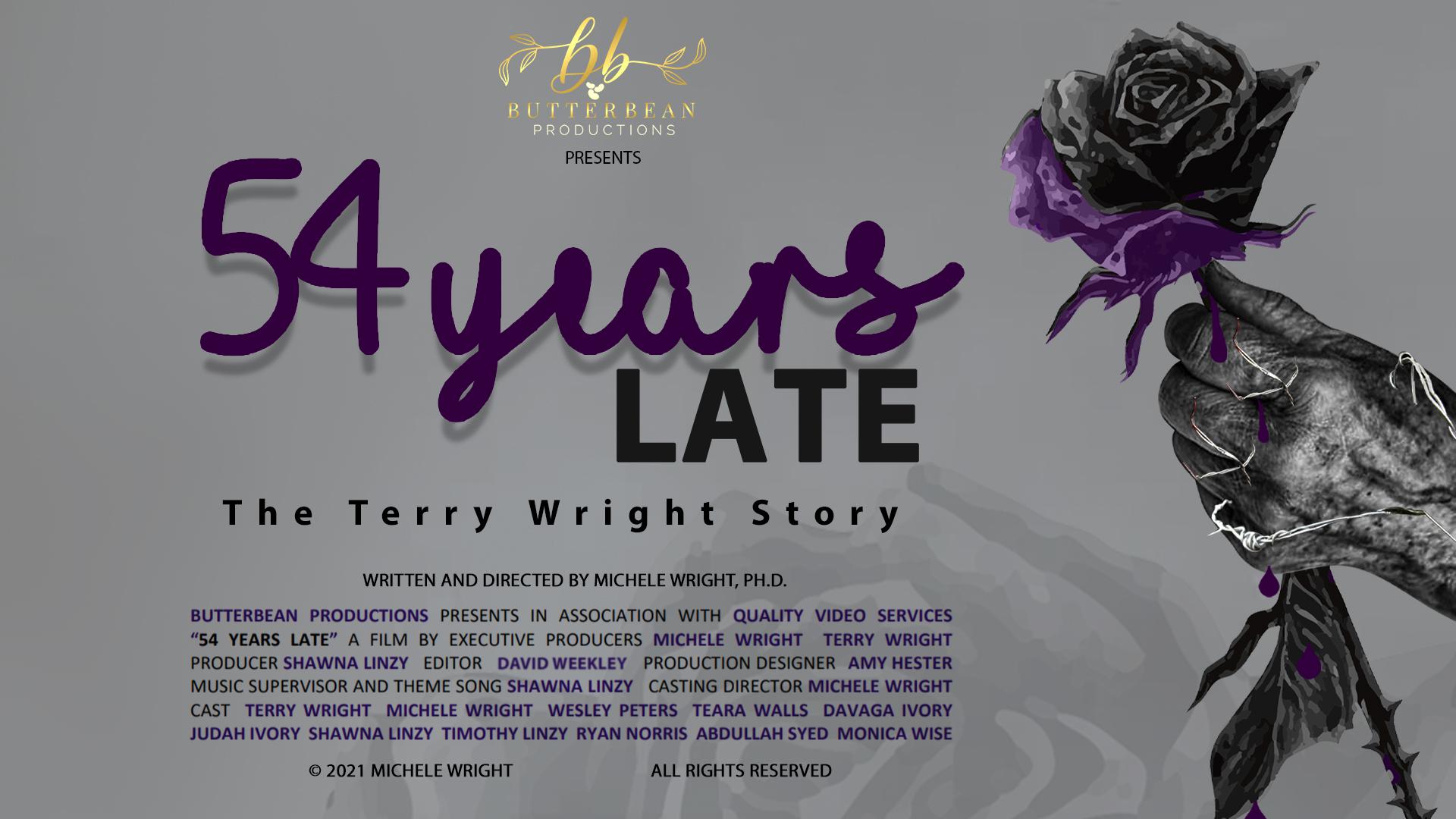
“54 YEARS LATE” is a short film that tells the gut-wrenching true-life story of Terry Gene Wright, a 58-year-old African American man who was not diagnosed with Cystic Fibrosis (CF) until the age of 54 despite being seen by an array of healthcare practitioners, enduring countless hospitalizations and surgeries, and having all the classic symptoms of CF - a progressive and genetic disease that’s often perceived to affect only the Caucasian population. Written and directed by Michele Wright, Ph.D., and produced by Butterbean Productions, this movie emotionally depicts Terry’s roughly 5 ½-decade painful and surreal journey from childhood to adulthood to finally being diagnosed with CF “54 YEARS LATE”!
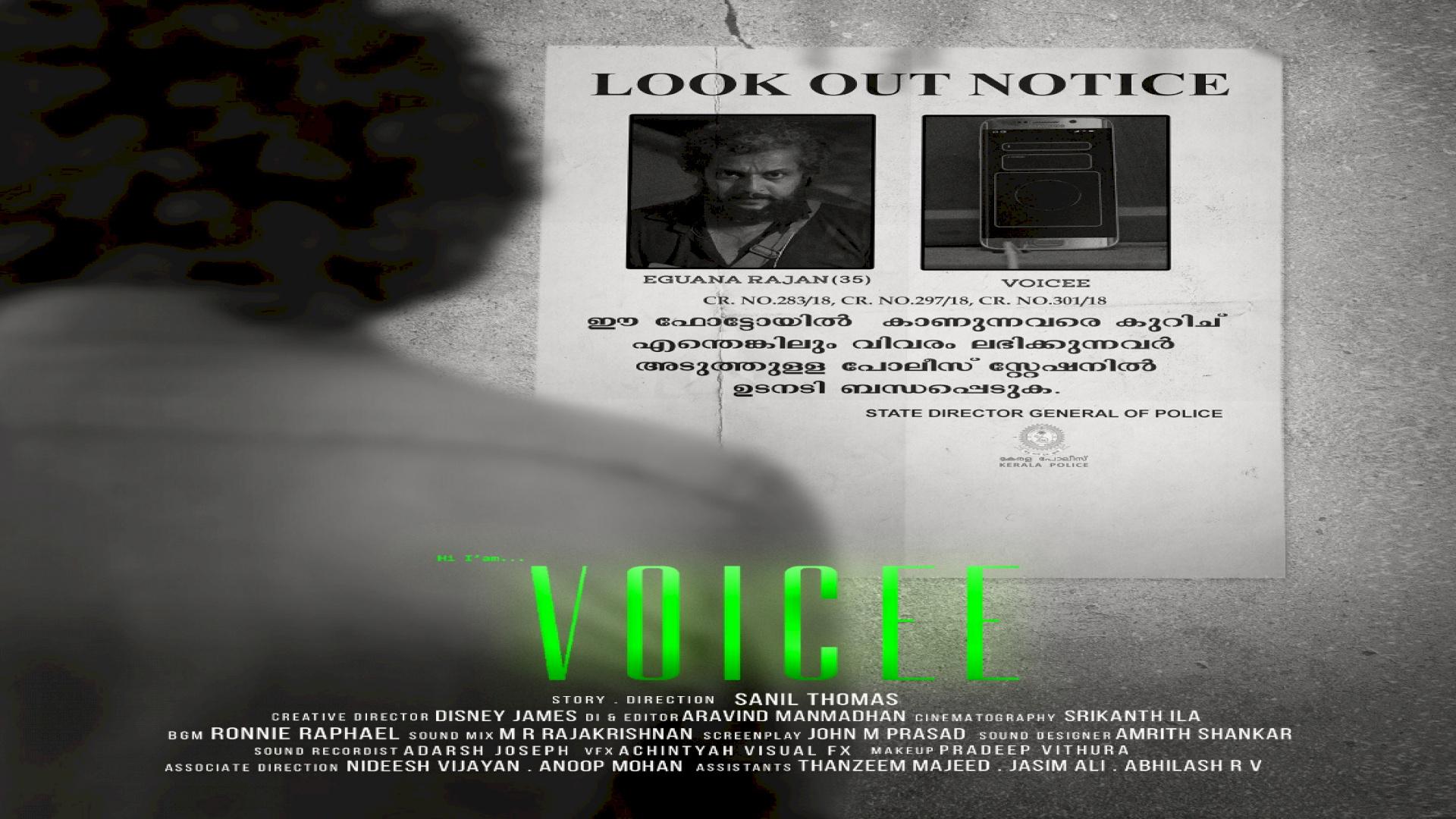
An unknown country military intelligence develop a voice commanding system for phones with an inclusion of Artificial Intelligence, naming the program as “VOICEE”. A petty thief Rajan by mistake gets such a phone, Now like a genie from a lamp Voicee starts acquaintance with Rajan, providing wealth, happiness, murder, sex, trance and deceit forms the crux of this movie.
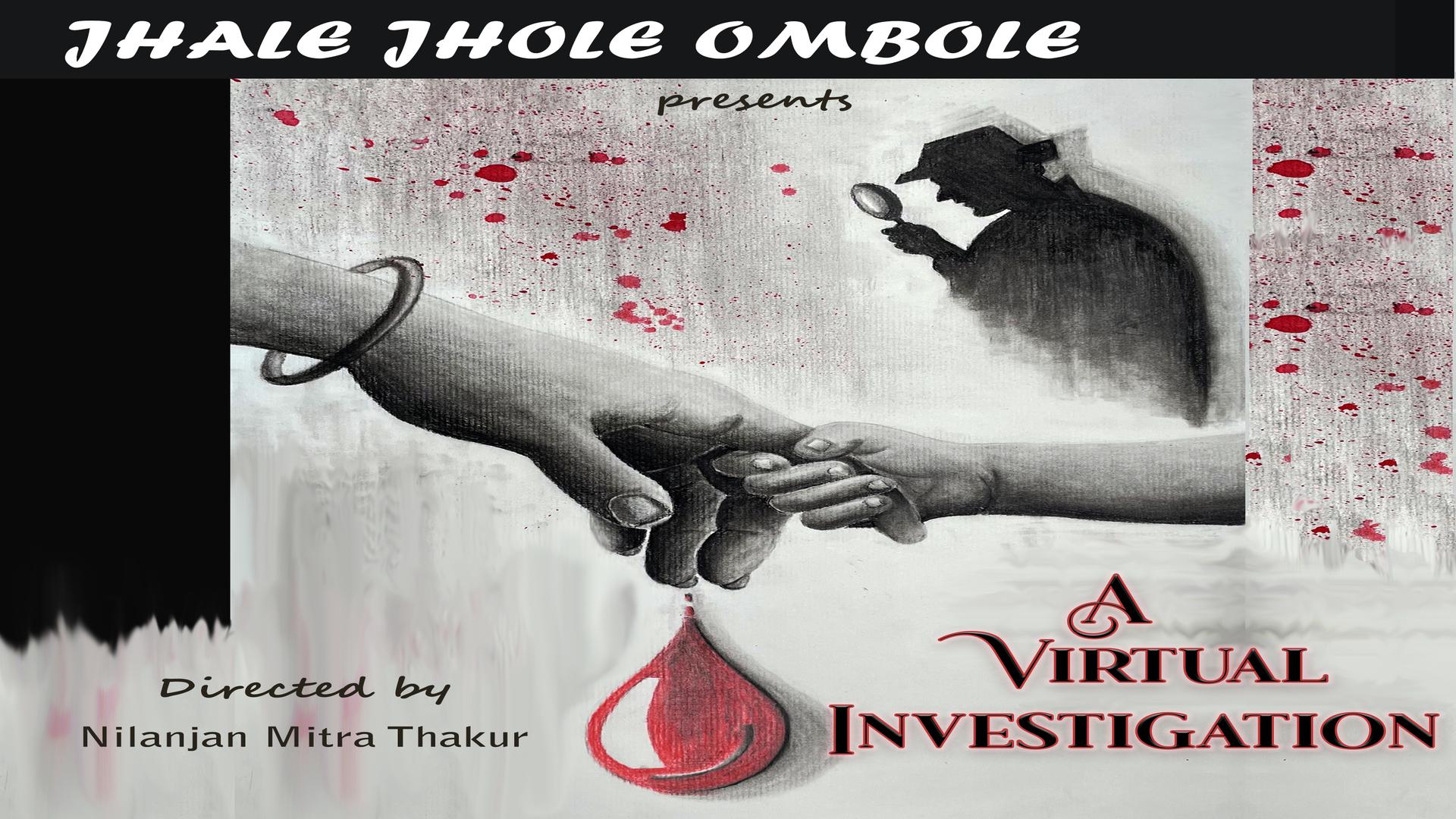
Twenty years back, an accidental death in India of a US resident turns into a mystery when her daughter wants to reinvestigate her death in the light of new evidences. Will Detective Tanmay Nandi from Kolkata be able to find the truth through virtual investigation?
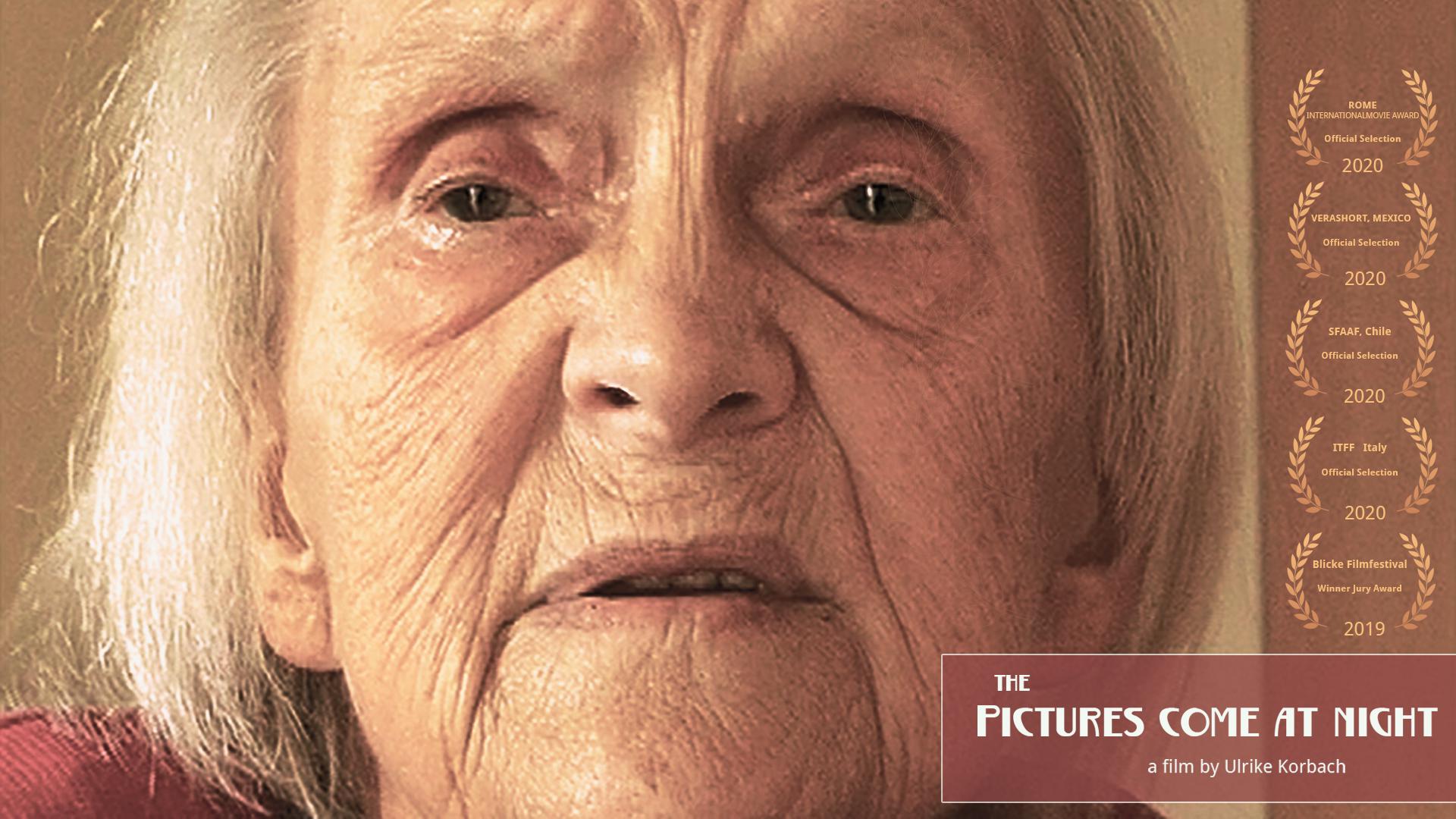
The film "The pictures come at night" accompanies the former forced laborer Czeslawa Wölfel in her last months of life.
The old lady lives in a retirement home near Bielefeld. It is difficult for her to come to terms with her new home. Nobody really has time. And certainly no time to listen. It would be worth listening to stories from more than 80 years of German-Polish life, in which only violence and unconditional love for their children were reliable figures.
Czeslawa was born in Poland in 1927, she would have had the opportunity to go to high school. Instead, however, her way led to Germany - into forced labor.
The film is shaped by Czeslawa's relentless tales about her extraordinary, yet historically exemplary life. In turn, everyday observations are in the style of the Cinema Verité. The camera observes the family, who, despite great challenges, has maintained a loving attitude and their sense of humor. It is always close, but never judgmental. This was made possible by the filmmaker's close relationship of trust with the family members. She has been friends with Czeslawa's children for more than twenty years.
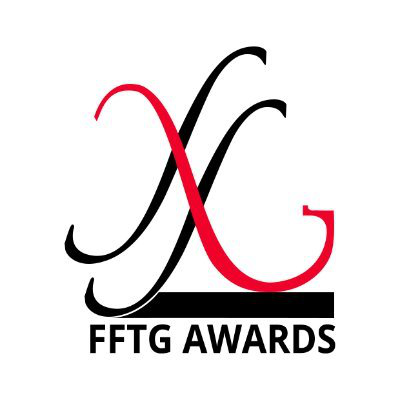
We use various technologies to track your identity and your interaction with our content while you are on our site. Our goal is to limit the use of this kind of technology to functions that are strictly necessary for the purpose of being a festival attendee, filmmaker, judge, or presenter. You have full control over the few exceptions that are not strictly necessary.
We do not use any first-party cookies on this site, though we do use a newer technology called "local storage" to store information about your identity and interaction with our site on your computer. We may use a third-party cookie for analytics tracking and another for your purchases. We do not use third-party cookies for the purposes of advertising or collecting information for use by third-parties.
The primary need for our storage of data on your computer is to track your authentication status and synchronize the purchases stored on the web site, thus enabling you to access the content to which you have access. When you are not authenticated, we also use this technology to track viewing of content in verification of our right to show you that content. On your profile page, you can see the information we store about you and manage it. You do have the right to be forgotten by us, but you will lose access to any purchased content should you exercise this right.
There are two non-essential functions: our use of Google Analytics to help us analyize usage of our web site and our automated watch list tracking. You may turn off one or both non-essential functions. We do ask that you allow these functions as they are used solely for the purposes of bettering this web site and are not used for advertising or sold tracking your beavhior for use by third-parties.
Click "Accept" to accept this use of cookies or "Reject" reject all but essential cookies.